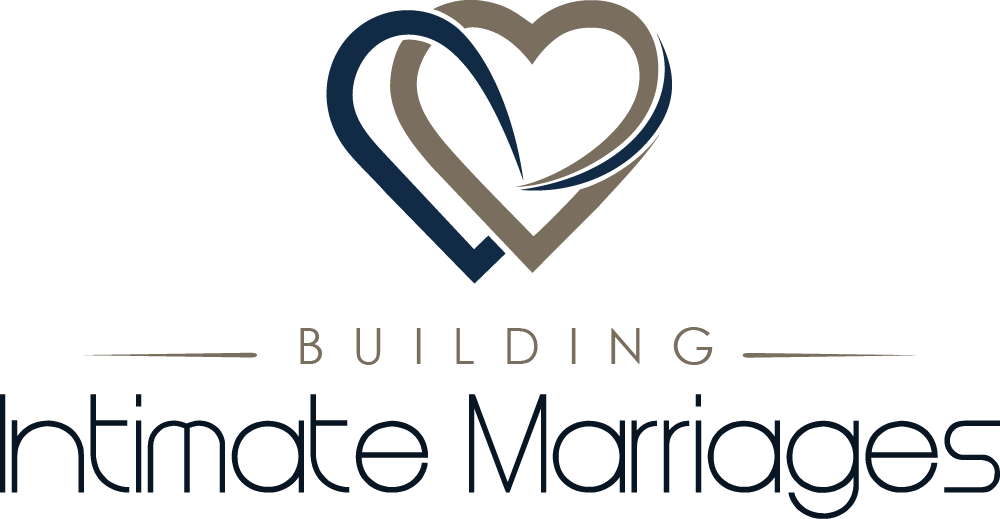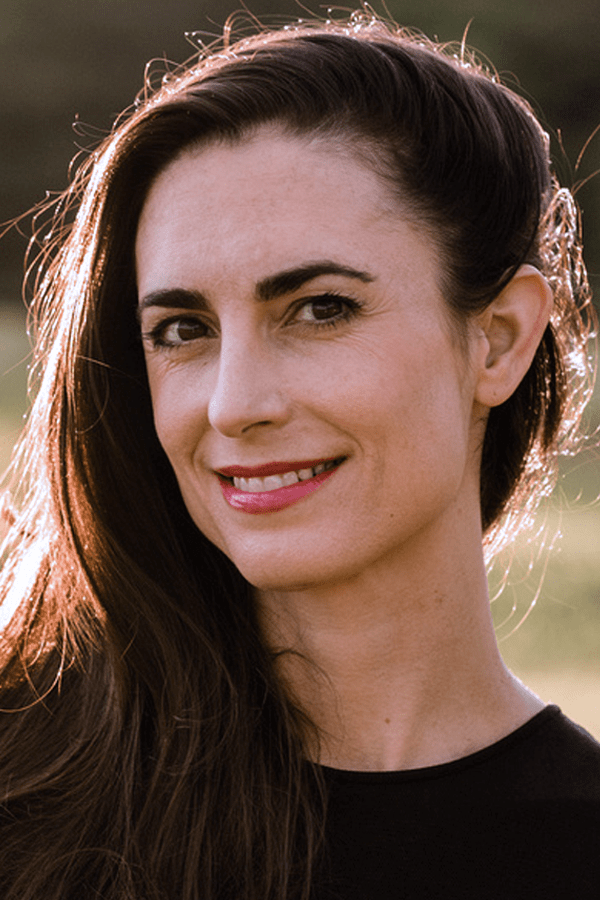Whenever two people meet, there are really six people present. There is each man as he sees himself, each man as the other person sees him, and each man as he really is.
– William James
Heather Baker, MA
Book a session with Heather.
QUALIFICATIONS
Degree:
- MA – Counseling – Richmont Graduate University – 2019
Specialized Training:
- EMDR
- Imago
- Prepare/Enrich©
Heather Baker, MA
As a child, I wanted desperately to be a writer. My longing was so urgent and visceral, it seemed more like a basic need than a desire.
At the same time, the idea that I could become the kind of person who strung words together in ways that lifted the soul and enlarged the imagination was so wonderful it seemed far-fetched – tantamount to becoming a mermaid or the Queen of England. By age eight, I had formed three rather misguided beliefs about writers based on my own, very limited reading: one, all great writers possessed an inborn, God-given talent that both explained and justified their success; most if not all truly great writers were male; and, three, truly great writers came from Important Places like England, Greece, and Siberia, not small coastal towns in Northern California.
I felt therefore that I needed a sign, a signature from God or the universe, endorsing the fact that I, too, had been chosen and set apart from birth to be a Writer of Books. So one evening after my mother tucked me into bed, I slid one of my stories underneath the pillow of my top bunk and prayed that God would send an angel to retrieve it while I slept; the next morning, its inexplicable disappearance would be ‘proof’ of my literary destiny.
I can still recall the twisted knot of shame and disappointment I felt when I awoke at dawn and found my story – so carefully written and illustrated in colored marker – still lying crumpled beneath my pillow.
As I remember this now, I feel mildly astonished. How had I come so early to the belief that, whatever I already had, whoever I already was, was not enough? Who taught me that I must always look to a person or place outside myself for assurance about who I was, and what I was made for? What made me think I couldn’t trust my own voice?
It may be a natural human tendency to undermine the impact of our own efforts. (If I believe I have no power, I avoid the burden of responsibility.) But it is certainly the case – and my story is no different – that trauma shears off our capacity both to recognize and exercise personal power.
From this perspective, it is far from astonishing that I had to believe – not only that power and agency were Out There;things others owned – but that I wasn’t especially gifted; that, where it mattered most, I was neither set apart nor chosen.
Yet believing these things set me on a path – a perilous path – of striving to prove that I was good enough, even if only to myself. I say, “perilous,” because perfectionism invariably sets us up to internalize shame and blame whenever we “miss the mark” or fall short of the standard we have erected for ourselves. (It’s a vicious and addictive cycle: shame begets perfectionism which, though it may lead to fleeting moments of satisfaction, eventually leads back to more shame, and so on, round the mulberry bush.)
Ironically, the very strategy we hope will result in our being seen and welcomed as someone who is, after all, good enough and worthy enough, leads over time to ever deeper and wider chasms of disconnection – both within and between ourselves and others. Perhaps worst of all, perfectionism gets in the way of allowing us to see and experience the goodness and beauty we already possess. Right here; right now.
It took a long time, but eventually I discovered the power each of us has to participate in the unfolding story of our lives.
If you are reading these words, it may be that you are in pain – for it is often pain which drives us from what is known and familiar toward what is unknown and unfamiliar. Perhaps a road you expected would carry you to a desired destination has led to a dead end. Perhaps you feel stuck, caught in a loop, doubting either your map or your ability to read a compass (or both!).
Whatever your situation, I am so glad you are here.
I believe that every human being is a living work of art; that our lives are at all times telling a powerful story; and that – whether or not you are a writer – you are invited to participate in co-authoring this story.
It is impossible to go through life without being wounded. Yet I believe our bodies were made to heal; and that healing is something which naturally emerges under the right conditions; when we are safe, seen, and deeply known.
Regardless of what brought you here, welcome to what I fervently hope will be the most sacred and surprising journey of your life: a journey of growth and expansion; of coming to see and experience yourself and others in new ways; of encountering healing, right down to your very bones.
While I was trained as a clinical mental health counselor, I have advanced skills in the areas of trauma, narrative integration, and marriage and family therapy.
I utilize a wide variety of evidence-based therapeutic approaches, including attachment work, cognitive-behavioural therapy, dialectical behavior therapy, Imago relationship therapy, various trauma and body-based therapies, EMDR, mindfulness, parts work, and meaning and insight-based therapies. At the same time, I tailor my approach to the specific needs and strengths of each client, working to offer each person the therapeutic experience that best serves them.
I have been married for nearly twenty years and, together with my husband, am raising three wild and amazing daughters. In my spare time, I love to write, run, garden, and practice living in the present moment.


